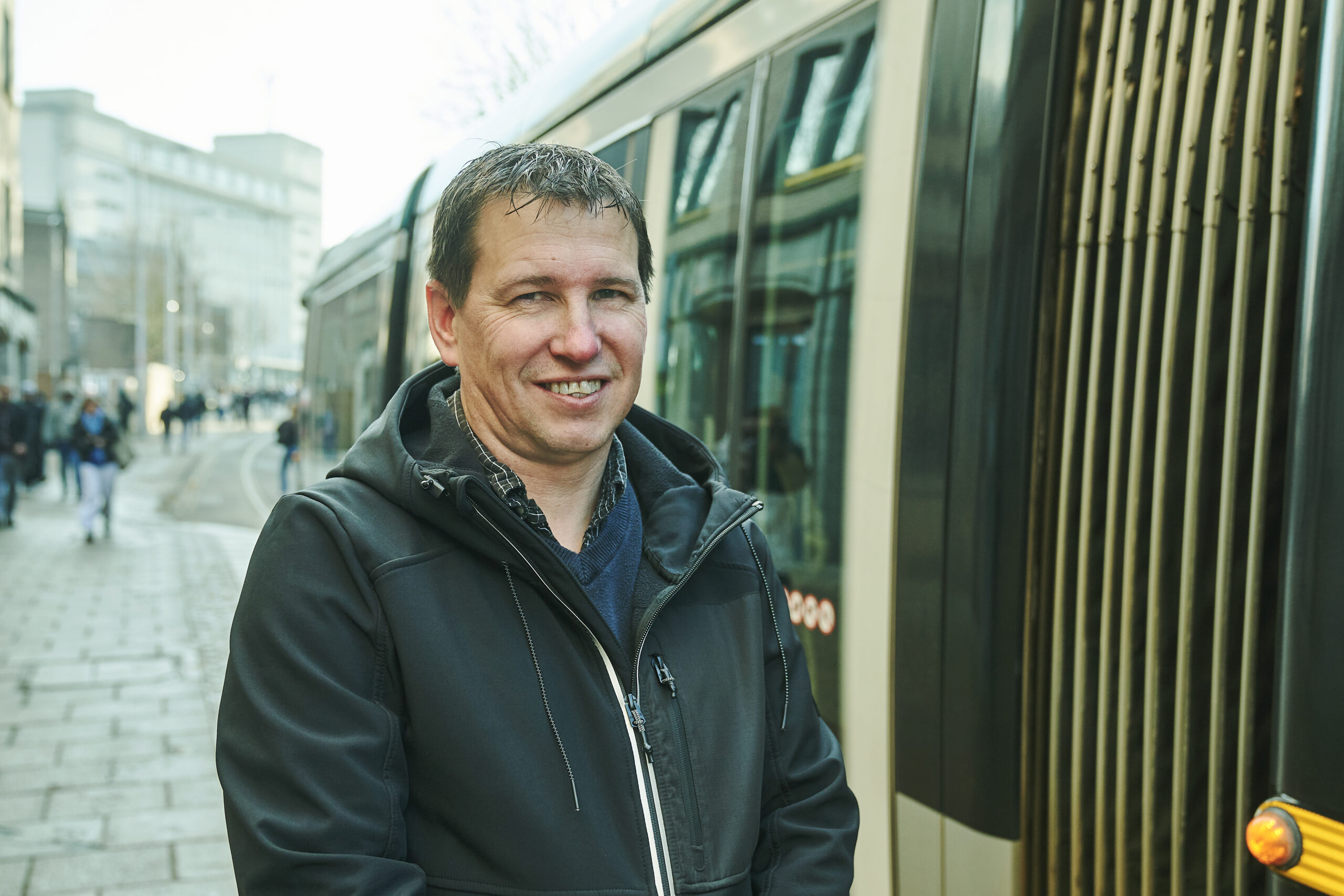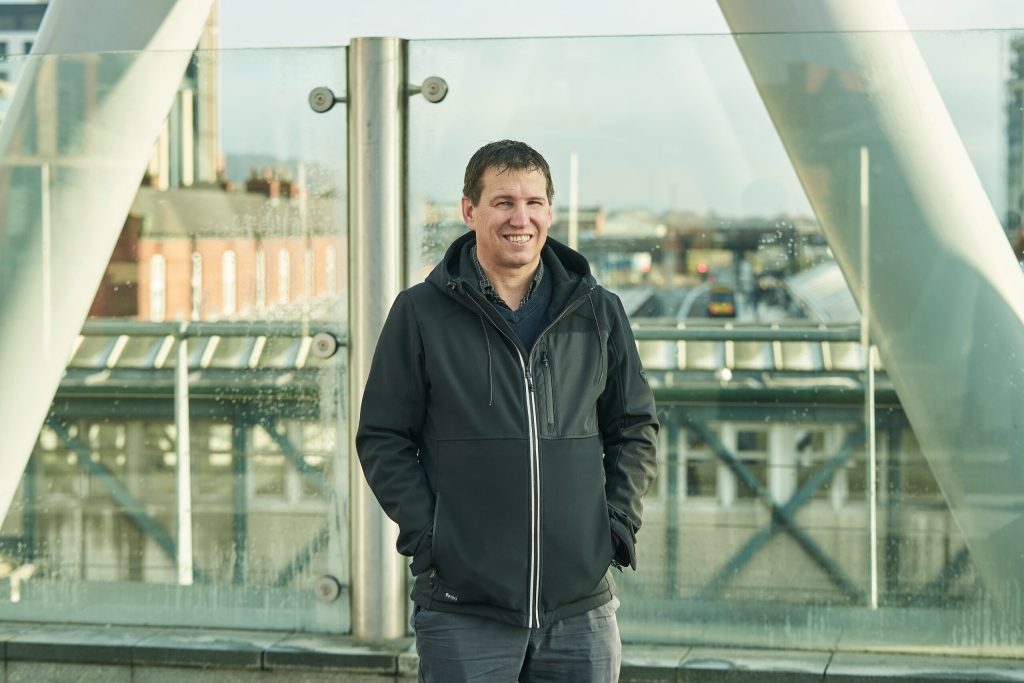Researcher in Residence: Creating a national database to combat Violence Against Women and Girls on public transport

A collaborative project Nottingham Trent University’s Dr Andrew Newton and Connected Places Catapult is set to address a critical gap in addressing Violence Against Women and Girls (VAWG) on public transport in the UK.
Despite it being highlighted as a national priority by the Home Office in 2021, there has been a lack of action so far. Recent revelations, as highlighted in the Suzy Lamplugh-2022 report, indicated a staggering 88% of respondents experienced unwanted attention on public transport, with only 14% reporting such incidents. Fear of victimisation has become a significant barrier to reporting.
A 2022 Department for Transport (DfT) study identified 13 recommendations to tackle Violence Against Women and Girls (VAWG) on public transport. Of particular significance is recommendation 9: Emphasizing the creation of a national intelligence database capturing incident reports from all transport modes and areas. Dr Andrew Newton’s project is aiming to elevate this recommendation to an immediate priority.
The ‘Report it to Stop It’ (RITSI) campaign was launched by Transport for London (TfL) in 2015 in a bid to improve reporting mechanisms for sexual violence on public transport. However, challenges arise outside of London where public transport is often fragmented among multiple operators, each with its own reporting mechanisms. A lack of standardisation and multiple responsible parties for personal security further complicate the issue.
British Transport Police handles rail systems, while buses and trams fall under the jurisdiction of local police forces, creating a disjointed approach to crime prevention. Operators record incidents under broad ‘health and safety’ policies, leading to underreporting and a lack of confidence in reporting VAWG incidents to the police.
This project aims to collaborate with industry stakeholders to address these challenges and propose viable solutions for the establishment of a National Incident Database (NID) for VAWG on public transport. While the technology to build a database is well established, the project recognises the need for a concentrated effort to mobilise governance agreements, enhance data sharing and develop partnership solutions co-created with female public transport users.

Images courtesy of Connected Places Catapult
Led by Dr Andrew Newton, an established researcher in criminology and policing, this project will bring together industry experts, public and third-sector representatives, and transport user communities to fast-track the creation of a database prototype. The goal is to make the combatting of Violence Against Women and Girls on public transport a short-term, important priority and ensure a safer and more secure travel experience.
Dr Andrew Newton, Professor of Criminology and Policing at Nottingham Trent University, said: “I am really excited about the opportunity to develop this valuable research and thankful to the Connected Places Catapult for supporting this. We need to create a system that integrates reporting of violence and women and girls across all modes of public transport (bus, rail, and trams for example), to bring together a more holistic understanding of the problems experienced by those using the system – whether waiting at stops, travelling on vehicles, or walking to and from stops and stations.
“There needs to be an integrated response by local police forces, British Transport Police, transport operators, and community safety partnerships. But this can only happen with reliable information – which in turn requires that those reporting incidents feel safe to do so, and confident that there will be follow on actions – to address the problems they highlight. Lots of apps and text reporting systems exist. But how can we join up intelligence and responses for the safety of all passengers and staff.”
Connected Places Catapult‘s Social Research Specialist, Alizée McLorg, said of the project: “We know that transport safety for women and girls is a challenge that needs to be improved, and I am really pleased that Dr. Andy Newton and Connected Places Catapult are able to work on this together. Women and girls should be able to easily and quickly report something that makes them feel or be unsafe while travelling, and they should have the confidence that there will be a follow on action.
“While there are many reporting tools, they aren’t coordinated at a national level, and Andy’s project is an important step to help integrate various data so that we have a better understanding of the bigger picture. Having a reliable and coordinated database that captures these reports can support police, transport operators and authorities to better respond to incidents, with the ultimate aim for making the transport system feel and be safer for women and girls.”
This project was funded by the Innovation Launchpad Network+



